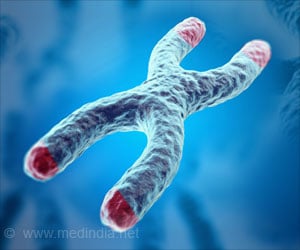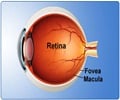Retinal beta-amyloid changes in patients with Alzheimer’s disease (AD) occurs much earlier than actual cognitive decline.

‘Retinal beta-amyloid changes in patients with Alzheimer's disease (AD) occurs much earlier than actual cognitive decline. This might lead to a prompt diagnosis of the disease, thereby formulating novel therapeutics.’





The idea was expanded by the research team at Cedars-Sinai Department of Neurosurgery, published in the journal Alzheimer's & Dementia: Diagnosis, Assessment & Disease Monitoring. Retina is a thin layer located at the back of the eyes and is responsible for our vision. It is the direct outgrowth of the central nervous system (brain).Retinal Signs:
The researchers utilized a non-invasive technique sectoral retinal amyloid imaging to record retinal images in participants, older than 40 years of age with cognitive decline. Peripheral regions of the retina correlate better to the brain damages associated with cognition. Hence the analysis of the retinal images was done using a new process detecting these peripheral regions.
Earlier researches done by Koronyo-Hamaoui had highlighted the role of the retina in predicting the hallmarks signs of AD.
"We found that increased levels of retinal amyloid-beta peptides correlated with levels found in brain tissues, even in the latest stages of Alzheimer's disease. We also suggested a particular type of immune-modulation therapy that may combat the disease by reducing toxic proteins and harmful inflammation in the brain and, in return, enhancing a protective type of immune response that preserved the connections between neurons, which are tightly connected to cognition", said Koronyo-Hamaoui.
Advertisement
Advertisement












